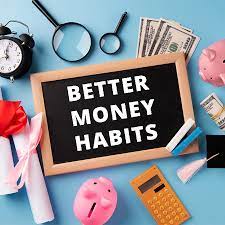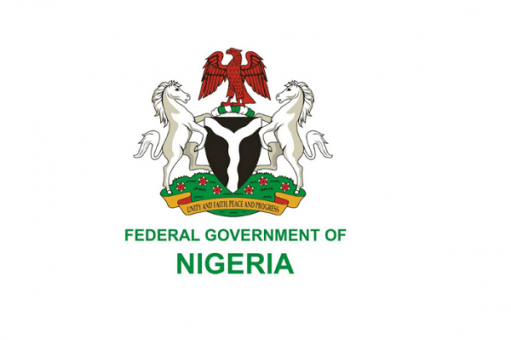
It is very important that everyone forms the right money habits. Forming good money habits prevents uncertainties and frustration. When you monitor how your money is being used and make positive changes, it leads ultimately to increased finance.
Lucky for you, we’ve gathered some candid advice on breaking bad money habits and ushering in good ones in the new year, compiling it all into a list of 10 better money habits to start doing in 2022.
DON’T SPEND UNTIL YOU HAVE SAVED!
WHAT ARE BAD MONEY HABITS?
If you struggle with setting aside money for the future or feel like you are living paycheck to paycheck, it could be as a result of bad money habits.
•Bad money habits like impulsive buying instead of purchasing in order to satisfy a real need.
•Shopping when you are bored.
•Living above your means.
•Depending on one source of income alone.
•Racking up credit card debit.
•Shopping for status.
•Eating out only.
•Paying for unused subscriptions and lots more.
•Not preparing for an emergency.
• Spending as much as you earn or spending more than you earn.
The good news is that all these bad money habits can be changed into good money habits, no matter how difficult it seems. Simply follow practical but simple tips on how to form good money habits.
WHAT ARE GOOD MONEY HABITS?
Good money habits are practical lifestyle changes and steps to achieve your financial goal and be the boss in your money story.
When good money habits are developed, the future is better prepared for, stress is drastically reduced and you live more comfortably.
To achieve this, you need to:
•Plan your budget
Write out your income and expenses for the month. Scratch out unnecessary expenses.
•Save
When you get your actual income after bills for necessary expenses might have been subtracted, save a percentage of the remaining income.
•Create a checking account
A checking account is an account where allocated sum of money to be used for daily activities is kept.
•Invest in anything even yourself.
Money not utilized cannot be multiplied. Invest even the tiniest fraction of your income.
•Track expenses.
Tracking expenses helps you differentiate between expenses that are needed and ones that are not.
•Debt repayment plan..
While borrowing money to facilitate your business is an essential strategy, endeavor to have a repayment plan even before you borrow.
•Place a standing order
Your bank can do all the work for you. When you place a standing order, certain amount of money will be debited from your account and sent to places where it is needed.
•Live within your means.
•Keep track of your networth.
Keep track of your networth to help you evaluate your progress.
•Do not be in competition with anyone, just yourself.
THE BOTTOM LINE
The good thing is you have already overcome the hardest step of developing better money habits by finding out how you can start. Whether you start slow by applying only one of these tips, or decide to try out a couple, implementing these into your spending and saving routine can help you get used to budgeting and create a better future for yourself.





